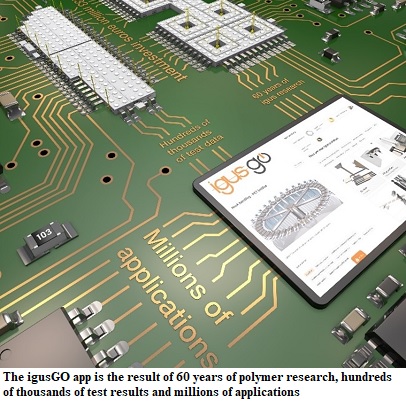Schedule a Call Back
Will autonomous robots change metal manufacturing?
 Articles
Articles- Jan 29,22
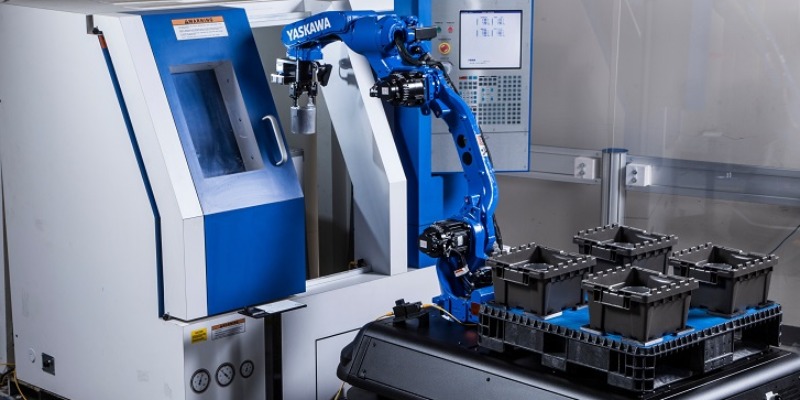
Related Stories
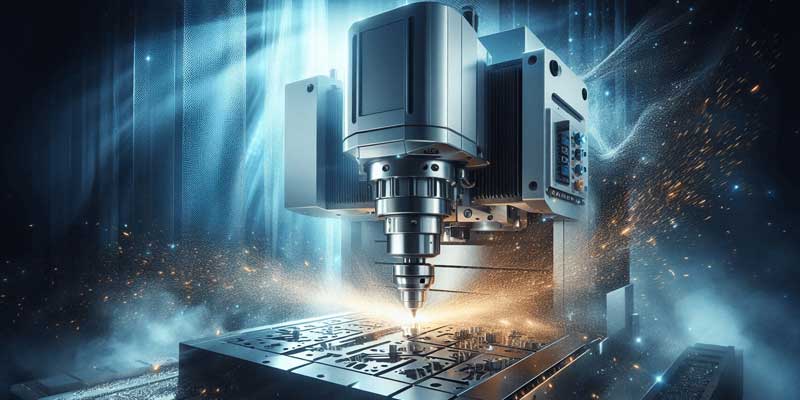
3 Ways automation is shaping the future of industrial cutting
Automated cutting machinery has opened more opportunities for increasingly complex work handled in less time and with fewer or no workers, says Emily Newton.
Read more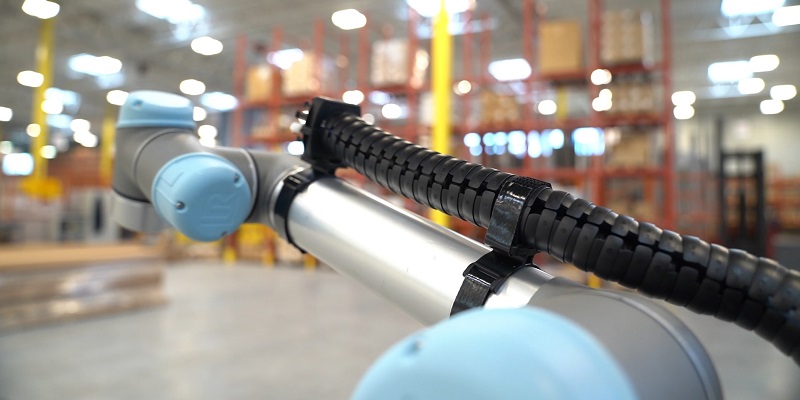
How to master robotic cable management for better manufacturing workflows
In this article, Emily Newton presents some best practices in robotic cable management for ensuring smoother workflows when interacting with industrial machines.
Read more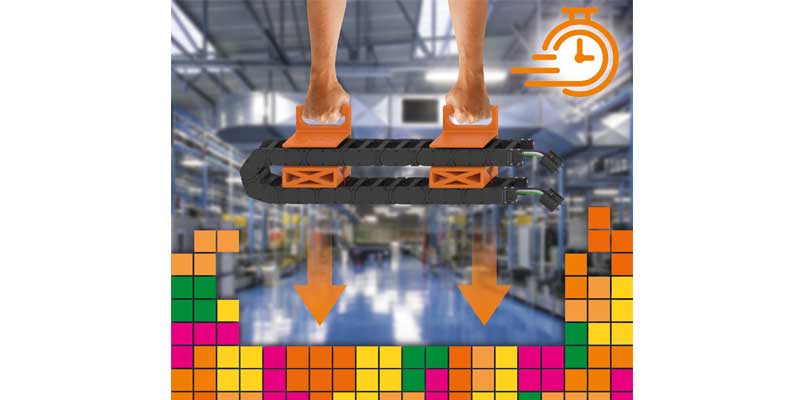
Igus launches bionic hand for ReBeL cobot
The company added a humanoid hand made of lubrication-free high-performance plastics to its ReBeL product range
Read moreRelated Products
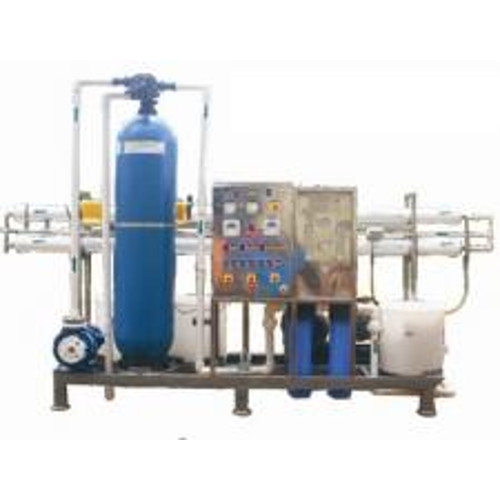
Industrial Desalination System
Shakunth Aqua Products offers a wide range of industrial desalination system. Read more
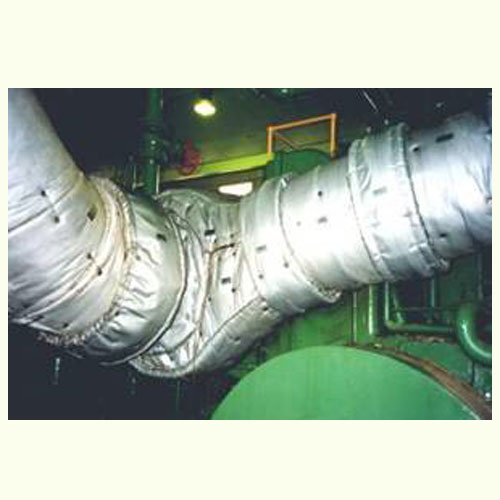
Industrial Castors & Wheels
H M Gulamali offers a wide range of castors and wheels manufactured by Blickle, Germany. Read more
Foxconn, Nvidia join forces for AI factories revolutionising tech production
Taiwanese technology giant Foxconn and leading US hardware company Nvidia revealed their partnership to establish "AI factories," advanced data processing centres geared toward driving the production Read more






